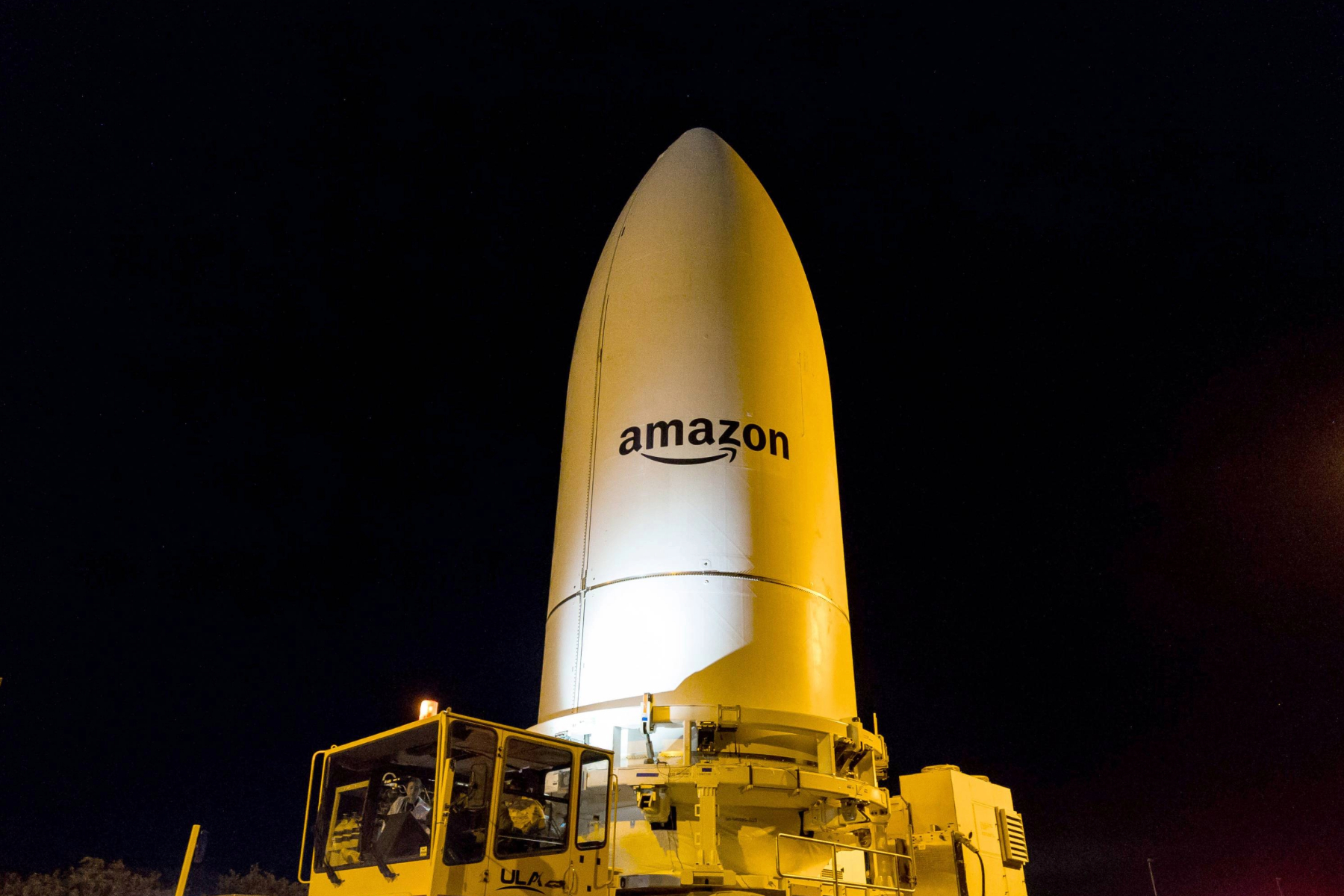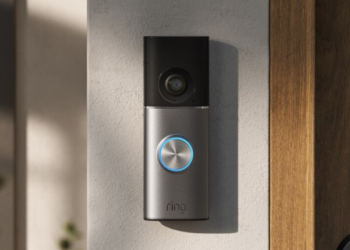Select Language:
Satellite internet has emerged as a new frontier in mobile connectivity, and right now, SpaceX, led by Elon Musk, is leading the way with its Starlink satellite constellation. From partnering with airlines for in-flight Wi-Fi to teaming up with T-Mobile for connectivity on mobile devices, Starlink's reach even extends to war-affected regions.
Yet, competition is heating up as Amazon prepares to enter the market. The tech giant has announced plans to launch its first set of 27 satellites on April 9 as part of the "KA-01" Kuiper Atlas 1 mission. This marks the inaugural large-scale deployment of satellites for Project Kuiper, which aims to establish a constellation of 3,200 satellites in low Earth orbit.
Small Beginnings, Ambitious Plans

As of now, Amazon has arranged for more than 80 satellites to be launched as part of the initial network phase. Mirroring SpaceX's Starlink system, Project Kuiper is committed to providing high-speed, low-latency internet access almost anywhere globally.
Amazon anticipates launching its internet services by the end of 2025, using the most robust version of ULA’s Atlas V rocket — which boasts six powerful booster engines. Over the next few years, this rocket is set to undertake more than half a dozen satellite launch missions, while the larger Vulcan Centaur will manage a total of 38 satellite deployments. Notably, Arianespace, Blue Origin, and SpaceX will share some of the launching responsibilities.
The Roadmap Ahead
Rajeev Badyal, VP of Project Kuiper at Amazon, stated, "This will mark our first venture with our finalized satellite design and the maiden launch of numerous satellites simultaneously. Regardless of how the mission progresses, this is just the beginning of our journey." He added, "We have all the necessary components in place to learn and adapt as we continue to launch in the years ahead."
In contrast, SpaceX has already launched thousands of Starlink satellites and provides internet services in over a hundred nations. Beyond its consumer-focused efforts, SpaceX has secured government and military contracts and plays a significant role in NASA missions, including the Artemis program.
Since 2023, the company has been trialing prototype satellites, which feature a distinctive dielectric mirror film that reflects sunlight, minimizing interference with ground-based telescopes. The scientific community has expressed concerns about light pollution and other obstructions resulting from the increasing number of satellites and debris in orbit.







